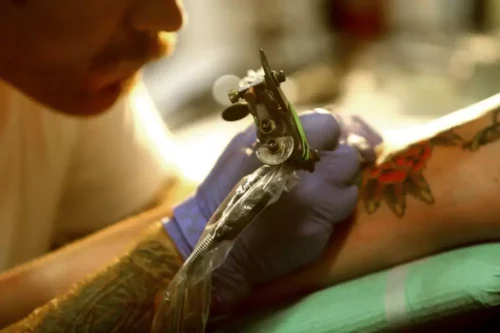
This kind of patterned behavior can lead you down a path toward alcohol addiction. Particularly between 2020 and 2021 during the COVID-19 pandemic, many people reported increased feelings of boredom and altered eating habits, as well as side effects like weight gain (1, 27). To prevent boredom eating from becoming habit, try to keep your days from becoming too tedious or repetitive. Activities like talking a few short walks or periodic stretch breaks during the day provide a mental and physical break from usual routines. Adult partners may perform a ritual of a cocktail while they sit down together to discuss the day.
- It’s hard to fill that time, especially when dealing with alcohol cravings and triggers.
- At Promises Behavioral Health, we understand that the decision to seek out help for alcohol addiction can be a difficult one.
- The feeling often occurs when the day has been monotonous or repetitive.
Underage Drinking and Teen Alcohol Use

That being said, drinking FOMO is real and must be dealt with. Sometimes admitting the truth to yourself is the first step. When you remove alcohol from your life, you free up all the time you spent drinking and recovering from drinking. If you ever sit down to do that math, you will shock yourself with how much time went towards drinking.

Get Alcohol Addiction Treatment at Promises
Consider avoiding people who pressure you as well as people who tend to binge drink. In addition to taking breaks for water, make a habit of slowly sipping your alcohol. Rather than chug your beer or mixed drink, take time to Twelve-step program hold it in your mouth and appreciate its taste. If you have a hard time moderating your pace, try to stick with drinks that have low alcohol content. Understanding the effects of binge drinking can increase your motivation to cut back on how much alcohol you consume in one sitting. If you’re a binge drinker, the first step to changing your drinking problem is to understand what factors drive your behavior.

Promises Behavioral Health Addiction Treatment Centers
- You feel compelled to keep drinking to maintain that high.
- You might have a drink to calm your mind, mellow out your mood, and take the edge off stress.
- Alcohol is a nervous system depressant, and heavy drinking can also cause isolation and depression.
- The system needs thousands of you, but tell us how you chose to go into addiction psychiatry.
- Binge drinking involves a pattern of short but heavy bursts of alcohol use.
- We don’t just treat the symptoms of addiction; we address underlying issues like co-occurring mental health conditions and trauma that perpetuate substance use.
Researchers know that your emotions and mood often influence when, what, drinking because of boredom and how much you eat (20, 21). Finding a routine that works for you and sticking with it seems to matter more than exactly how many meals and snacks you have each day. Often an external trigger, such as the sight or smell of food, makes us reach for a snack. Learn and share the most exciting discoveries, innovations and ideas shaping our world today.
- Sometimes a quick 10–20-minute walk is all it takes to recenter yourself and forget about the urge to snack out of boredom.
- Reframe supports you in reducing alcohol consumption and enhancing your well-being.
- Consuming alcohol stimulates the release of dopamine, a neurotransmitter that plays a significant role in our brain’s reward system.
Most people are not severe alcohol use disorder folks. I’ve spent the last seven years researching and understanding alcoholism, addiction, and how people get sober. Additionally, I examine the way mental and physical health as well as our relationships with others impact the reasons people drink and their role in maintaining sobriety long-term. Experts have also suggested that how well you regulate your emotions can influence boredom eating.
